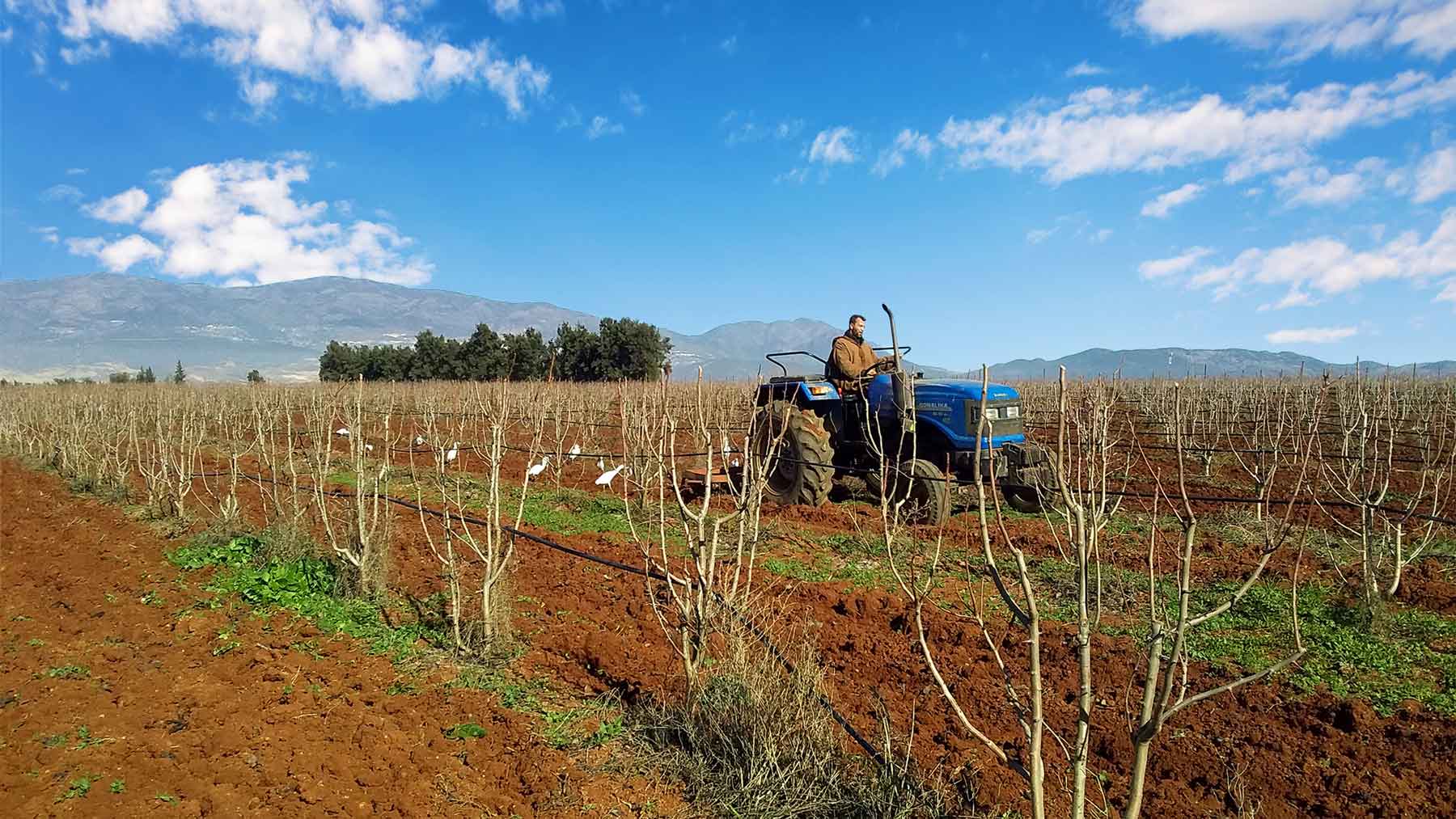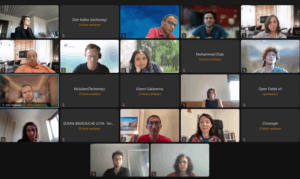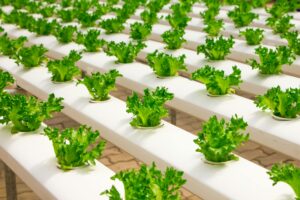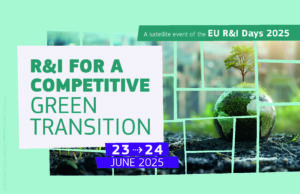Water is the most precious resource in the Mediterranean basin. It is a source of development and an engine of economic activity. Without water, there is no life or future. Therefore, the decisions made about this liquid element affect us all. How to take into account all the factors? How to help farmers optimally irrigate their crops and at the same time assess all impacts of water use, including environmental and socio-economic ones?
That is the mission of Watermed 4.0, the PRIMA project that aims to develop an open software platform based on the Internet of Things (IoT) to integrate all variables. An instrument as a service of small farmers and managers of the water cycle. Computing and 5G mobile technology advance together to enable more efficient and sustainable use of water.
Water is a commodity for which agriculture, cities, industry and the tourism sector compete. It is also needed to produce energy. This makes it urgent, especially in the Mediterranean basin, to open a debate on which uses should be prioritized. Digital transformation and new telecommunications systems are tools to integrate all available information and help in decision-making, but first it is necessary to achieve a social consensus.
Antonio Skarmeta, an IT professor at the University of Murcia (Spain) – the coordinating institution of the project- explains that the Mediterranean area is concerned with quantity and water quality. Therefore, it is necessary to know how to combine the different available sources (surface water, wells, desalination plants and reused water, among others). Moreover, it is also essential to follow the traceability of the resource.
The platform allows combining the “micro” vision of the farmers and the “macro” version of the river basin managers. The entire network of remotely connected sensors provides critical data ranging from soil moisture and temperature to weather forecasts or satellite data. Information becomes the best ally to optimize consumption at all times, helping farmers to save costs without wrecking other water users.
Other participating countries in this project – apart from Spain – are Algeria, Germany, Morocco, and Turkey. The pilot tests are taking place in the area of the Júcar-Vinalopó transfer (Spain), where the overexploitation of the aquifers puts agriculture and supply to populations in difficulty. Also in the saline plain of the river Cheliff (Algeria). And in Konia, central Anatolia (Turkey), where traditional crops are large consumers of water and it is essential to raise awareness about using reused water in a circular economy scheme.
Júcar-Vinalopó, digitization at the service of more rational use of water
The aquifers of the Vinalopó river -which runs through the north of the province of Alicante (Spain)- have been overexploited for more than 100 years. So, more water is extracted than is naturally recharged. The Júcar-Vinalopó transfer was designed to alleviate this circumstance, and its objective is also to solve supply problems in the Valencian Community, Castilla-La Mancha and the Murcia region. But the important thing at the stake is a more rational use of scarce water.
With more than 770 million investment in irrigation modernization, reuse, desalination and external transfers, the Vinalopó-Alacantí exploitation system represents a territory where governance of water and the integral management of water resources acquire their highest cast.
Watermed 4.0 faces the challenge of contributing, together with the Administration and users, to achieve the excellent state of the underground water varieties of the Vinalopó before the year 2027. The digitization of all the irrigation communities involved in the Central Board of Users is crucial for generating certain information and the subsequent integration of the different sources of information. It is about developing a basis for water governance that fulfils different missions: attending to hydrological planning, meeting demand, meeting environmental objectives and preserving – as far as possible- socio-economic aspects.
Algeria, solar energy and soilless crops
Climate change in Algeria will alter the water cycle, contributing to agricultural land and water resources degradation. Agricultural production will decline, and biodiversity will be lost. The Watermed pilot experience in this country combines several novelties. In addition to technology for decision-making on water, the project includes the use of photovoltaic solar energy in agricultural production and the introduction in this country of hydroponic crops (without soil). This modality will allow landless farmers or tenants to grow quality products in a shorter time to maturity, without depleting the soil resource and saving water resources.
The Algerian partner – the Djilali Bounaama Khemis-Miliana University (UDBKM)- has launched a demonstration site based on the intelligent management of conventional and unconventional irrigation water and the exploitation of renewable agriculture energies. The project results from the collaboration between a research team from the University of Khemis Miliana and universities in Turkey, Spain and Germany. The mission of WATERMED 4.0 researcher in Algeria is to become an ally of the farmer and the water manager.




